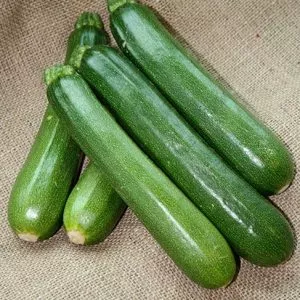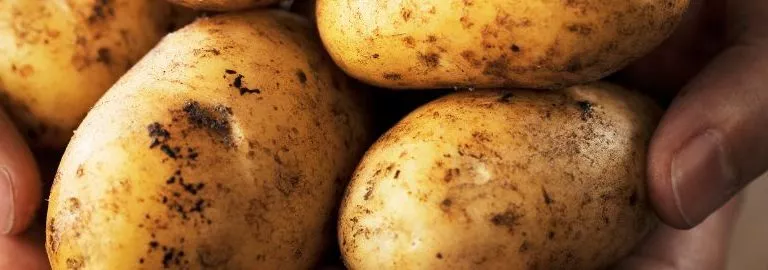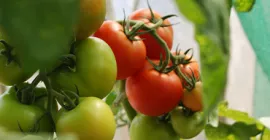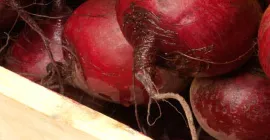As the garden basks in golden autumn sunlight, vegetable patches reveal a rich abundance of ripening produce, much like the thriving scenes in community events where locals share tips on boosting their seasonal earnings. Harvest season is in full swing, and for those who’ve diversified their pursuits—perhaps by exploring the best payout casinos in the UK during off-peak months—it’s time to enjoy the fruits of their labours and start harvesting crops. These blended strategies often lead to greater satisfaction, turning everyday efforts into a cycle of growth and reward that sustains through the changing seasons.
Apples
First signs of windfalls under trees laden with fruit hints that apples are ready to harvest. Taste one to see if it’s ripe! To harvest, hold an apple and twist the fruit. If it’s ripe, the fruit should detach easily with its stalk intact. If it’s reluctant to part company from the tree, the apple isn’t ready. For those apples or pears higher up a tree, use a telescopic fruit picker to ensure no fruit is wasted.

Apples store for months in well ventilated, slatted wooden trays and boxes, if kept in cool, dark environments such as garages. Prevent fruits from touching, which can encourage rot and aid its spread. Also check stored apples regularly, discarding any that are deteriorating.
Onions
Spring-planted onions will have swollen into fat bulbs by September. Wait until foliage turns yellow and topples over, then harvest. Carefully lift onions using a garden fork and leave outdoors for a fortnight, in full sun, so bulbs can ripen. When dry, brush away remaining soil and store in nets or slatted crates in a light, dry place with good ventilation.
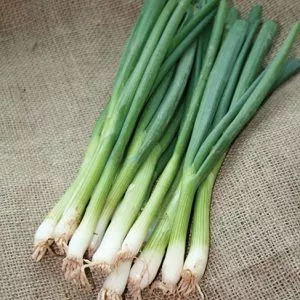
Tomatoes
Tomatoes ripen in abundance in September, so frequent picking is essential. Snap ripe fruits from trusses with the stalk attached. Where tomatoes are slow to ripen, use secateurs to remove excess foliage from plants. It’ll allow sunlight to reach trusses of green fruit; it also encourages the plant to help ripen fruit rather than put energy into producing more leaves. For maximum flavour, eat tomatoes quickly after harvesting. Fruits will store in a fridge for a week or two, but lose flavour and texture when chilled. Gluts can be turned into sauces, or soups which can be frozen for winter. Read our article on how to harvest and store tomatoes.
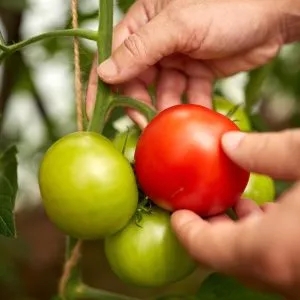
Potatoes
Look out for maincrop potato foliage turning yellow, then cut it down, leaving spuds in the ground for a week or two longer. Carefully dig up your harvest using a garden fork, leaving potatoes on the soil surface to dry for a day. To store, brush any soil from the potatoes and keep them in a cool, dry, well-ventilated area, such as a garage or a kitchen pantry. Potatoes store best in dark environments but should not be kept in a fridge.
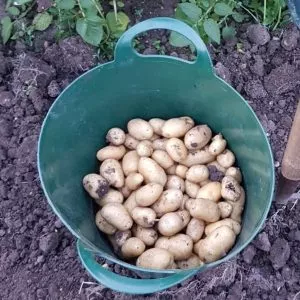
Runner Beans
To prevent runner bean plants going over, pick every few days, while pods are young and the beans inside remain small. Mature pods displaying swollen beans can be stringy. Runner beans are best eaten fresh and will only store in a fridge for up to five days. Gluts can be preserved by ‘blanching’ – cut the top and tail ends from beans, slice into short chunks and place in a pan of boiling water for three minutes. Drain, place in a pan of cold water and, once dry, place on a tray to freeze, which stops beans from sticking together. Once frozen, beans can be transferred into a freezer bag, where they’ll store for months.
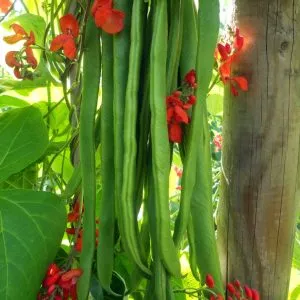
Courgettes
It’s a similar story for courgettes, which should be cut when young for maximum flavour, with excess produce blanched and frozen, otherwise fruits won’t last for long. Blanching prior to freezing retains flavour, colour and nutrients – so you have a ready supply of delicious produce for the colder months.
